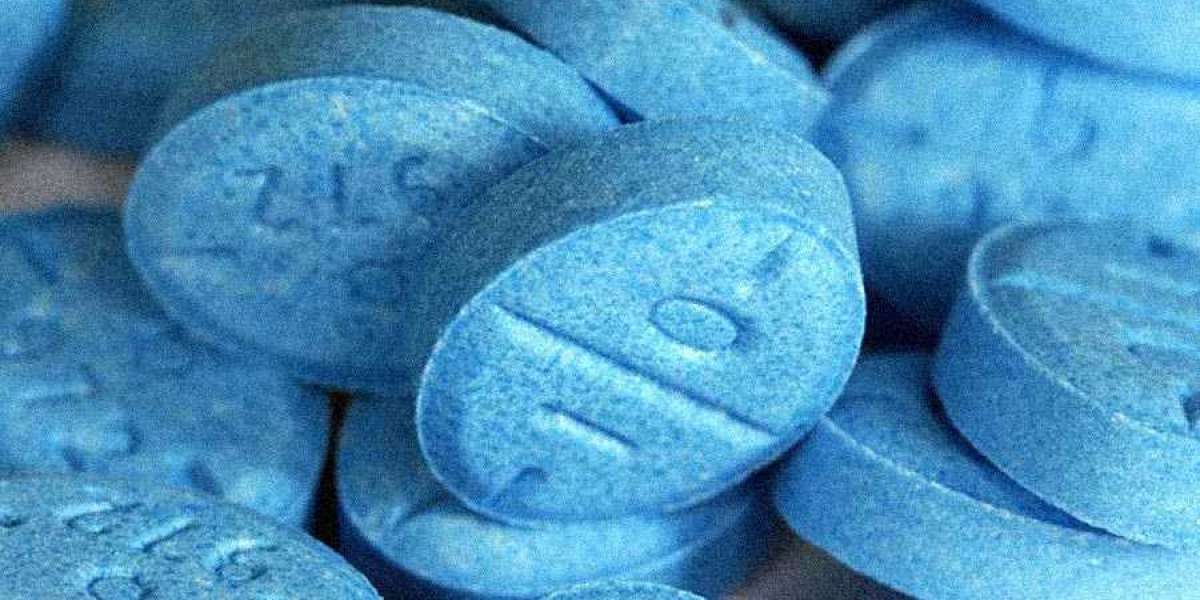Adderall is a prescription stimulant that is often prescribed to treat attention deficit hyperactivity disorder (ADHD) and narcolepsy. However, it also has a high potential for abuse and addiction.
If you have a loved one who uses Adderall without a doctor’s prescription, it may be time to get them help. Addiction is a serious substance use disorder that can lead to many negative consequences.
Symptoms
Adderall is a prescription medication that is often used for attention-deficit hyperactivity disorder (ADHD) and some sleep disorders. Taking it in excess or not as prescribed can lead to addiction and abuse, particularly among teens.
The drug affects the central nervous system and can cause a wide range of symptoms. It can also interact with other medications and make them work less effectively.
Many people use Adderall to enhance their performance and to lose weight, but it can be addictive. Addiction occurs when a person begins to rely on the drug to help them perform tasks that they would normally do without it.
Symptoms can include mood swings, difficulty sleeping, and mental/mood changes like depression. They can also lead to irritability and stomach problems.
Adderall abuse can result in physical or mental health complications, such as high blood pressure, slowed growth, heart disease, and psychiatric conditions. It may also cause abnormal behaviors, such as aggression or paranoia.
Causes
There are several different factors that can lead to Adderall addiction and abuse. These factors include a person’s psychiatric or medical condition, the drug’s side effects and the way the drug is abused.
In addition, people who are addicted to Adderall may also misuse other stimulants that can mimic the effects of this prescription drug. This includes methamphetamine, MDMA and “bath salts”.
These substances are all highly addictive and can be extremely dangerous to users. They can cause serious long-term health problems including heart and blood pressure issues, liver disease, and depression.
Those who abuse Adderall can do so in many ways, from crushing the pills up and snorting them to injecting them. This behavior can cause a person to experience collapsed veins and damage to the nasal passages.
Treatment
Treatment options for Adderall addiction and abuse include inpatient rehab, outpatient treatment, and a variety of behavioral therapies. These therapies help people develop the skills they need to resist drug use and manage cravings.
During inpatient rehab, residents follow a strict daily schedule of therapy sessions, process groups, psychoeducation, support meetings, meals, exercise, family visits, and group activities. Some inpatient programs last 28 to 90 days, while others may be shorter or longer.
Inpatient rehabs can also provide therapy for underlying mental health conditions alongside addiction treatment. When necessary, they have psychiatrists on staff to evaluate and prescribe medications for psychiatric problems like depression and anxiety.
A person with mild Adderall dependency can often get treated with a gradual step-down process of decreasing the amount they take, or if they are on a high dose, can receive detox treatment. These steps should be done under a doctor’s supervision to avoid complications and minimize withdrawal symptoms.
Prevention
Adderall is a medication that is often prescribed to treat Attention Deficit Hyperactivity Disorder (ADHD). It’s also used to help people focus and concentrate, but it can lead to addiction if used in ways other than what’s recommended.
It’s important for college students to know how dangerous Adderall is and to not abuse it. Abusing Adderall means taking more than what’s prescribed or mixing it with other drugs, like alcohol.
If you have a loved one who has become addicted to Adderall, it’s important to speak with them about their addiction and find a treatment program that will be right for them. Addiction can be a serious problem, but with the right care, it’s possible to beat it.
The goal of addiction treatment is to help people stop using and build healthier habits. This includes counseling, medication management, and support groups.






